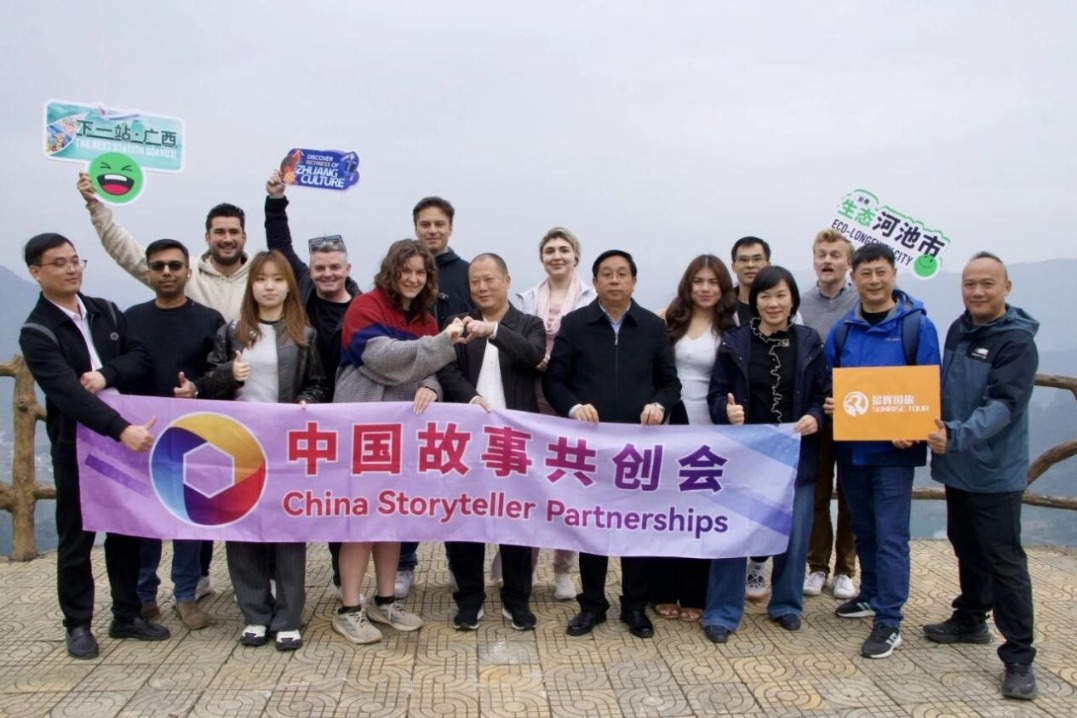Landlocked city now export powerhouse
Thanks to airport, Ezhou in Hubei province going gangbusters on cross-border e-commerce


But the park is not merely a logistics extension. Bi's team believes closing the information gap is key. Many SMEs don't know what sells abroad, or how to tailor their products for different markets. The park uses analytics to identify demand, then works backward. They encourage export firms to create country-specific versions of products like strollers customized for local safety standards or electronics for local design tastes.
"It's not about pushing goods we happen to have," Bi explained. "It's about asking what they actually want and then working backward to source or customize."
For industry expert Huang Lingyu, who leads the park's livestream operations team, the next leap lies in artificial intelligence.
"Cross-border breakthroughs could come in logistics tracking and customer service. AI will help predict shipping risks before they happen, and multilingual smart customer service will allow SMEs to talk to global buyers almost instantly," Huang said.
The Ministry of Commerce said China's imports and exports of digitally deliverable services reached 1.5 trillion yuan ($210 billion) in the first half, while cross-border e-commerce trade hit 1.3 trillion yuan, both record highs.
Still, talent is a bottleneck. Few workers can juggle digital operations, foreign languages and cultural adaptation all at once. To address this, the park has hosted training sessions with e-commerce platforms such as Alibaba and TikTok, and is planning partnerships with local universities. So far, more than 1,400 trainees have participated in, with many from outside the province. Some graduates have already opened stores while others joined existing exporters.
"Every session, I teach myself," Bi said. "We learn from the companies as much as they learn from us."
Local authorities have amplified the efforts with a package of subsidies, including platform storefronts, overseas warehouses, living stipends for employees and even meal allowances. Zhu Degao, head of the Ezhou Airport Economic Zone's cross-border task force, said: "We use a three-dimensional evaluation system, looking at product competitiveness, market fit and supply chain resilience. The goal is to focus resources on the companies with real global potential, and grow the park into a 100-billion-yuan industry cluster."
Bi's longer-term ambition reaches beyond exports. She wants Ezhou to build brands. The park is encouraging artisans to blend Chinese cultural elements like intangible heritage motifs into products for foreign buyers.
"We don't want to just be a shipping hub," Bi said. "We want to nurture global names that were born in Ezhou. We want global consumers to say: 'This is from Ezhou', not just 'This is from China'."
Bi believes the experiment is still in its early days. "Trade is pulling industry, not the other way around," she said. "The real question isn't what we make. It's what the world does want and how fast we can get it there?"
In Ezhou, with its airport as a logistical anchor, that question is being answered in real time.
Contact the writers at lijing2009@chinadaily.com.cn
























